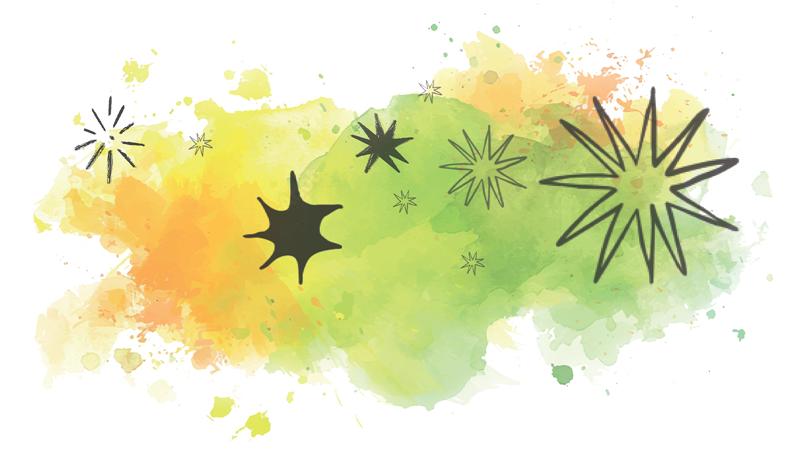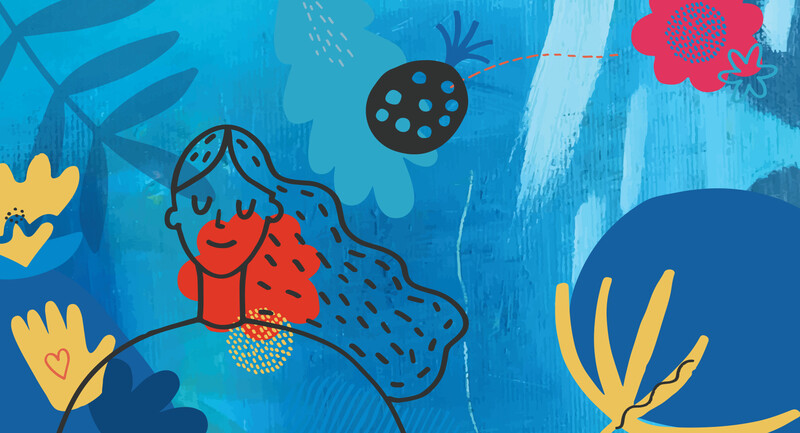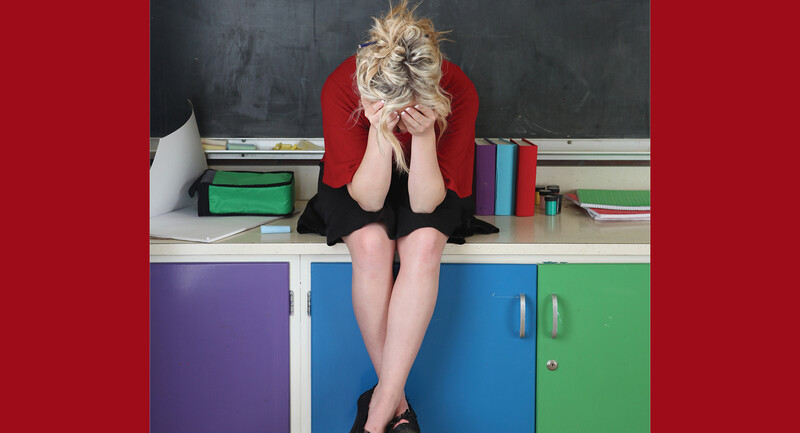Positive traditions bind us together as communities and give us something good to anticipate. Learn how teachers can use the psychology of traditions to give students a sense of joy and belonging.
I am addicted to bread. Before the Wheat Belly fanatics cry carb addiction, let me explain. I love baking bread—all types: baguettes, Hawaiian rolls, pizza dough, pain au lait. For most, bread baking is boring. You mix stuff, wait, shape the dough, and wait. Then you bake, wait, check it, and wait some more. Then it comes out of the oven! And you wait some more. For me, all that waiting isn't lost time; it is the anticipation of a positive experience in which my effort will be rewarded (usually).
Through baking, I've realized how much anticipating a positive reward influences our behavior, motivation, and sense of happiness. For example, ever found yourself amped on a Friday as you anticipate the weekend but struck with the Sunday blues when the workweek looms? According to a 2010 study published in Applied Research in Quality of Life, just planning or anticipating a vacation can make you happier than actually taking it. Bright horizons yield boosts of happiness.
How can teachers integrate this phenomenon into the world of our learners? How can we combine positive anticipation with rigorous learning?
One key way is to capitalize on the power of traditions.
A tradition that encourages positive anticipation has three elements: it is known about ahead of time; it is tied to a specific moment, action, or cue; and it makes the individual feel good.
Traditions help learners in multiple ways, but here are two important ones:
1. Traditions build community. When I was a student athlete, fight songs and celebrations unified our team, motivating us to support one another through challenges. In my community, block parties connect us with neighbors. As a parent, holiday traditions cultivate joy and love. Similarly, we cannot undervalue community building in our classrooms. We ask students to be vulnerable, committed, and authentic with challenging academic tasks during what can be a socially volatile time in their lives. Community helps students take academic risks that yield learning.
For example, when I started a positive psychology program for at-risk sophomores, my first cohort of 17 students were bitter about being placed into the class, so I focused heavily on building positive traditions and culture. Just a couple years later, students of all types were signing up for the program, knowing things were happening in that class that could not be experienced anywhere else (such as a daylong field trip to volunteer and perform acts of kindness or unique team-building games). Today, almost 90 percent of the student body signs up for the class, with many students enrolling multiple times. Traditions build community, and adolescents both need and crave community.
2. Traditions create positive emotion. Think of a tradition like a chorus in your favorite song. From the first few notes, you recognize the song and know the chorus is coming, so anticipation builds. The chorus hits and a rush of satisfaction vibrates in your mind. As the song slides into the next verse, your brain waits for the sense of completion and fulfillment when the chorus returns. Each of these experiences triggers one of the main neurochemical motivators: dopamine.
Traditions function in the same way. Before, during, and after a positive tradition, we get hits of dopamine. Imagine, then, what happens to a student's learning when she comes to your class knowing that a familiar tradition awaits. She starts with a positive mindset of excitement and anticipation; she experiences joy in class; and then she leaves with a productive desire to return and continue learning.
But before we get into ideas for building traditions, here's an important caveat: Traditions don't replace high-quality teaching; they boost good instruction. Just as a stressful vacation can negate the excitement we had when we planned it, a stressful, ineffective lesson tarnishes the good feelings associated with traditions.
Although daily doses of tradition have been critical to the culture of my classroom, my students frequently cite other traditions as not only making our class safer and more fun, but also helping them develop socially and emotionally.
The most rewarding tradition in my positive psychology class is a field trip we take to a nearby city for a day of altruism. We volunteer at a homeless shelter and then students organize "intentional acts of kindness" on the streets downtown, such as handing out free hot chocolate or notes of affirmation to strangers. If you can't pull off a field trip, organize a day of positivity. Have students come up with activities or experiences to make their school better. Complete them on a specific day or week.
Get a kitschy trophy. Once a month (or week), bestow the award to a student for demonstrating a positive character trait. You can provide privileges with the award such as, "Any time the award holder answers or contributes in class, classmates must bow" or "Award holder chooses which song plays when classmates enter each day this week." You can level-up this strategy by releasing responsibility to students. After you designate the first award recipient, allow that person to identify the next classmate who deserves the award and why.
Students write an essay or create a presentation about a role model in the community. The role models are invited to attend the ceremony. Get dressed up, roll out a paper red carpet, and organize a potluck feast. Then, prepare to see students' parents, coaches, and other role models moved to tears by what students say.
Once a week, have students write affirmations or notes of gratitude to their classmates and drop them in a box for you to review and hand out. Students can remain anonymous if they choose. I also allow my students to write shout-outs that I read aloud at the end of the class.
I have yet to meet a group of teenagers who isn't geeked to play old-school games like "Heads Up, Seven Up." Use games to celebrate achievement, like finishing a difficult project, task, or assessment. Ideas for many short, fun games can be found with a simple online search.
For me, baking bread is a process both familiar and novel. It's a series of risks that sometimes pays off and other times leads to disastrous results. It's a challenge I eagerly await. Every day, we ask our students to challenge themselves by taking on difficult academic content beside their peers. But rigorous and engaged social learning doesn't happen without a will to show up, a desire to take risks, and trust that the community will support our successes and struggles. Traditions produce this joy, this eagerness, and this fellowship. I've never regretted the effort that goes into a good, homemade loaf of bread. And I've never regretted the effort that goes into a good, class-made tradition.








